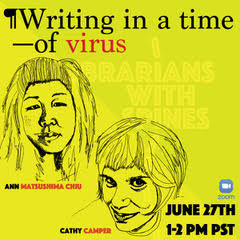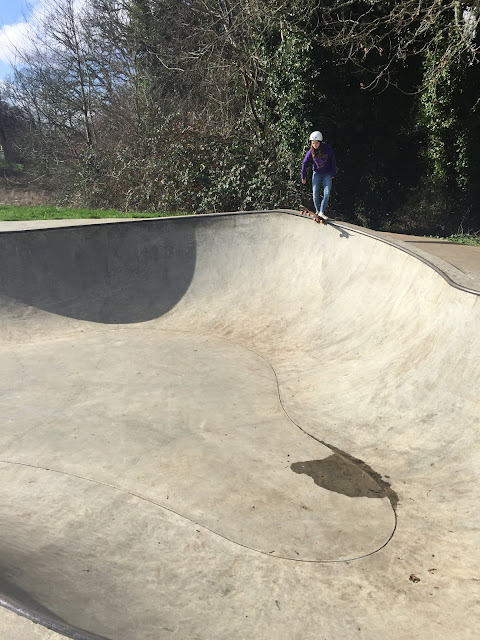When 'equity' preconferences, workshops and other trainings are inequitable it defeats the purpose. I don't mean to call out LJ specifically--this is just an example of the absurdity of the cost of DEI training. If your organization can afford to pay for you--then it is no problem. But what about those who can't afford it? Ask yourself how does this relate to inclusion and if this is the model libraries want to pursue. We want affordable, practical, impactful equity training now! What role does your State Library play in making equity training affordable for libraries in your state? What role does your state library association play in making equity training available in all areas of your state? Does your library make equity training available to you as a library worker? If yes--that is awesome! If not, what does this mean? Equity work is library work and it should be made available to all library boards, staff, librarians and commu...





